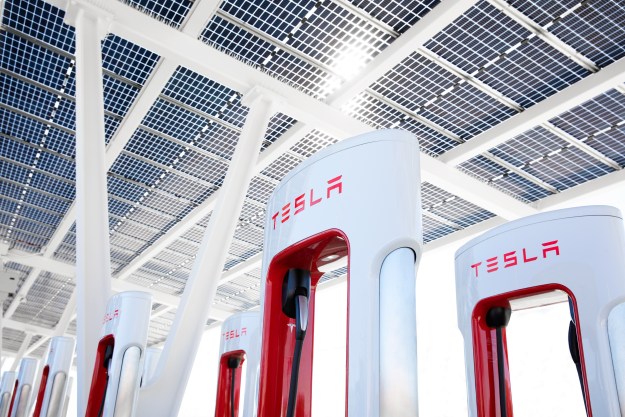The Pied Piper Prospect Satisfaction Index sends mystery shoppers to multiple dealerships around the country for each brand. They score dealerships on how they do on standard car selling tasks, such as posing qualifying questions and asking for the sale.
The mystery shoppers found inconsistencies in the Tesla showrooms. “They own all of their stores, so you would think each one would be doing the same thing. But they’re not. Tesla is consistent in its inconsistencies,” Pied Piper Management’s president and CEO Fran O’Hagan told WardsAuto.
O’Hagan said that a few of the Tesla personnel in showrooms the mystery shopper visited did what the survey considered “the right things” — “They want you to buy, and prepare you to buy.” But in most cases “the staffers tended to act like ‘museum curators.'”
Tesla CEO Elon Musk talked about showroom Product Specialists in a blog post in 2012, “They are not on commission and they will never pressure you to buy a car. Their goal and the sole metric of their success is to have you enjoy the experience of visiting so much that you look forward to returning again.”
So any comparison to conventional auto dealerships would not be likely to make the Tesla chief happy. His plan from the beginning has been to make buying a car a pleasant experience. Unlike traditional dealerships, which make most of their profit from servicing cars after the sale, Musk doesn’t think it’s right to make a profit from service, in fact, he thinks it’s “terrible” to do so.
Needless to say, auto dealers and dealership associations don’t send Elon Musk a lot of holiday cards. Tesla is able to sell cars directly to customers in all but six states. Auto dealer associations in Texas, Utah, Connecticut, Michigan, Indiana, and North Carolina have been able to block Tesla from selling directly.
Musk said at the 2016 Tesla annual meeting that when people are polled about being able to buy cars directly in various states the lowest score ever was 86 percent in favor of direct sales. Musk said that he thinks auto dealer associations that block Tesla direct sales are perverting democracy.
For comparison, the industry standard score on the 2016 Pied Piper Prospect Satisfaction Index was 103. Infiniti had the highest score at 114, followed by Lexus and Mercedes-Benz tied with 112. Tesla scored 86. The second lowest score was Volvo — another company that apparently relies on the car and its reputation to sell the car.
Editors' Recommendations
- Tech giant reveals nice price for new EV to take on Tesla
- Here’s how Ford will give EV customers Tesla Supercharger access
- Why some Teslas are losing tax credits, and which cars still qualify
- Tesla offers behind-the-scenes look at Cybertruck bullet test
- How to watch Tesla’s Cybertruck delivery event today




